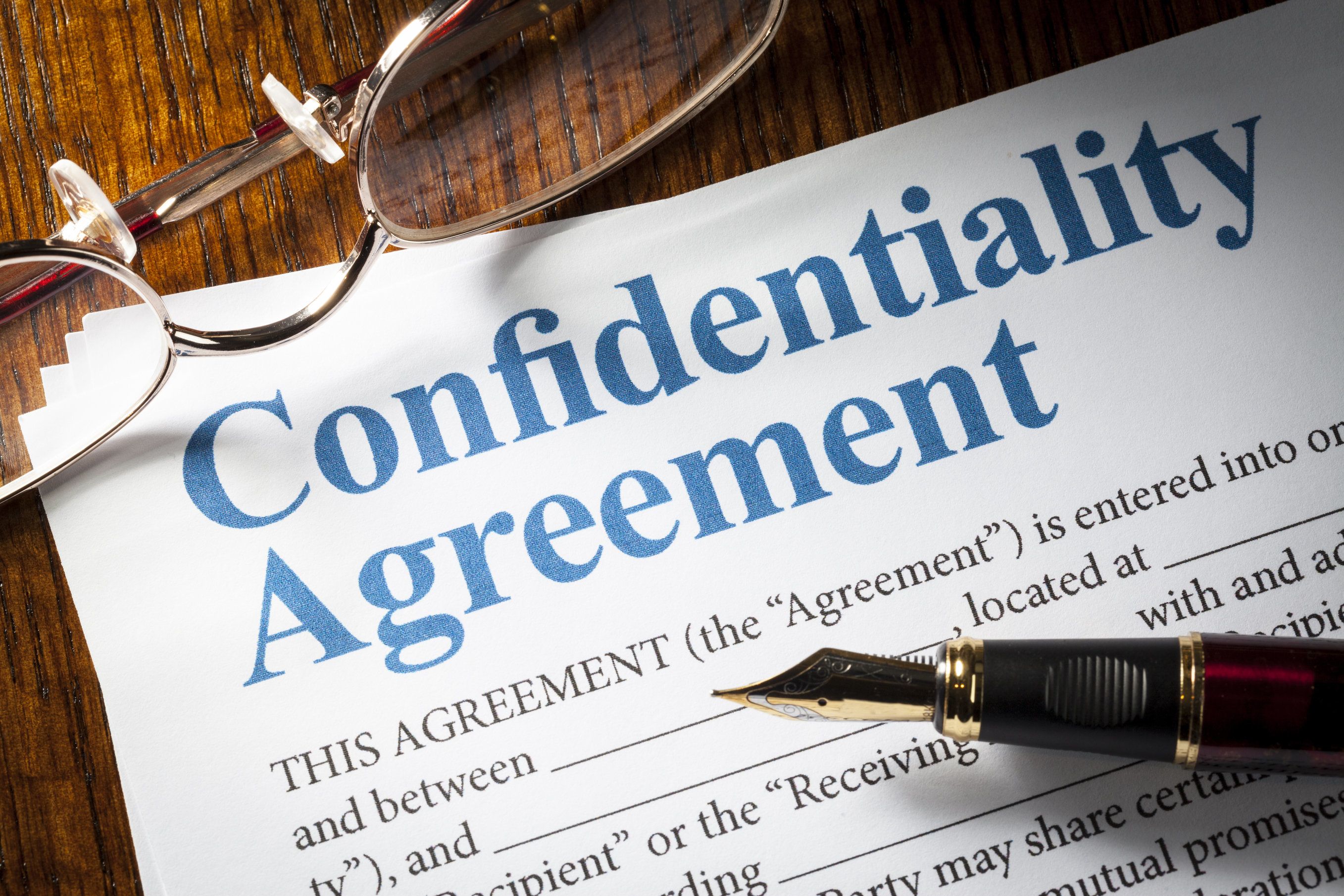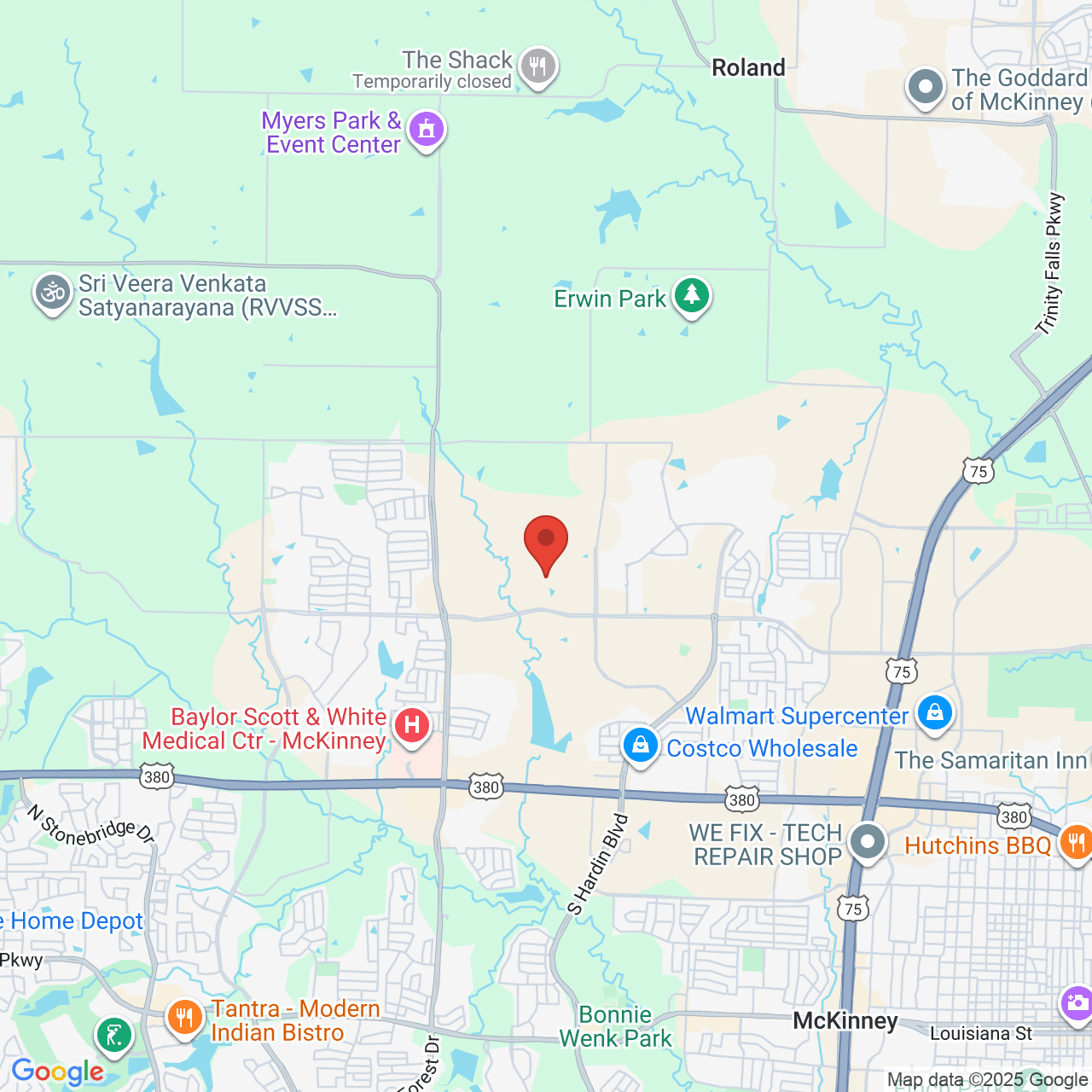Employment Law and Confidentiality Agreements
 In an attempt to protect trade secrets, keep financial records private, and prevent the disclosure of sensitive material, many employers ask their employees to sign a confidentiality agreement, either upon hiring, or before working on a specific project. For someone who has never been presented with a confidentiality agreement before, this can be daunting.
In an attempt to protect trade secrets, keep financial records private, and prevent the disclosure of sensitive material, many employers ask their employees to sign a confidentiality agreement, either upon hiring, or before working on a specific project. For someone who has never been presented with a confidentiality agreement before, this can be daunting.
Employment law attorney Dan A. Atkerson is happy to help employees in Allen, TX, Plano, TX, Frisco, TX, and surrounding areas understand how employment law pertains to confidentiality agreements, so they have a better understanding of their rights. To start, individuals can read on to find answers to some frequently asked questions regarding confidentiality agreements.
What Is a Confidentiality Agreement?
A confidentiality agreement is a contract between an employer and an employee. The agreement specifies private, confidential, and/or sensitive material that will be part of the employee’s job scope. The specifics of these agreements vary, but usually the agreement stipulates that the employee cannot share confidential company information or misuse that information while they are employed, or for a specified amount of time after their employment is terminated.
Limits of a Confidentiality Agreement
Employers can draft their own confidentiality agreements, so they have some flexibility regarding the type of information that they deem private or sensitive. However, due to the protections of employment law, there are some limits on what can be included in a confidentiality agreement.
It is illegal for employers to ask employees to keep workplace violations or any other type of illegal activity a secret. State and federal whistleblower laws prevent employers from firing, or otherwise retaliating against, an employee for reporting illegal activity, so that cannot be part of a confidentiality agreement.
Is a Confidentiality Agreement Legally Enforceable?
Confidentiality agreements are contracts, so they are legally enforceable provided they contain reasonable restrictions. Most common sense restrictions prevent a confidentiality agreement from being enforced if:
- Disclosed information is available in the public domain
- Information was obtained by another party who is legally authorized to share it
- Prior to the disclosure, the recipient already had the pertinent information
Should I Sign a Confidentiality Agreement?
An employer cannot force an employee to sign a confidentiality agreement. However, Texas is one of many at-will employment states, which means that an employee can be fired without reason. If an employee refuses to sign a confidentiality agreement, it is likely that their employer will terminate them, or limit the scope of their job duties.
Despite the state’s at-will employment status, workers should not feel pressured to sign a confidentiality agreement that they are not comfortable with. Employees have the right to have a confidentiality agreement reviewed by an employment law lawyer before they agree to sign it. Dan A. Atkerson can look over confidentiality agreements for his clients to ensure they are legally enforceable and contain reasonable restrictions to protect the employee.
Learn More in a Consultation
Like most contracts, confidentiality agreements can be difficult to understand. If you would like a legal review of this document before you sign it, employment law attorney Dan A. Atkerson would be happy to help. Call (214) 383-3606 at your earliest convenience, or send us a message using our online form to schedule a legal consultation.



